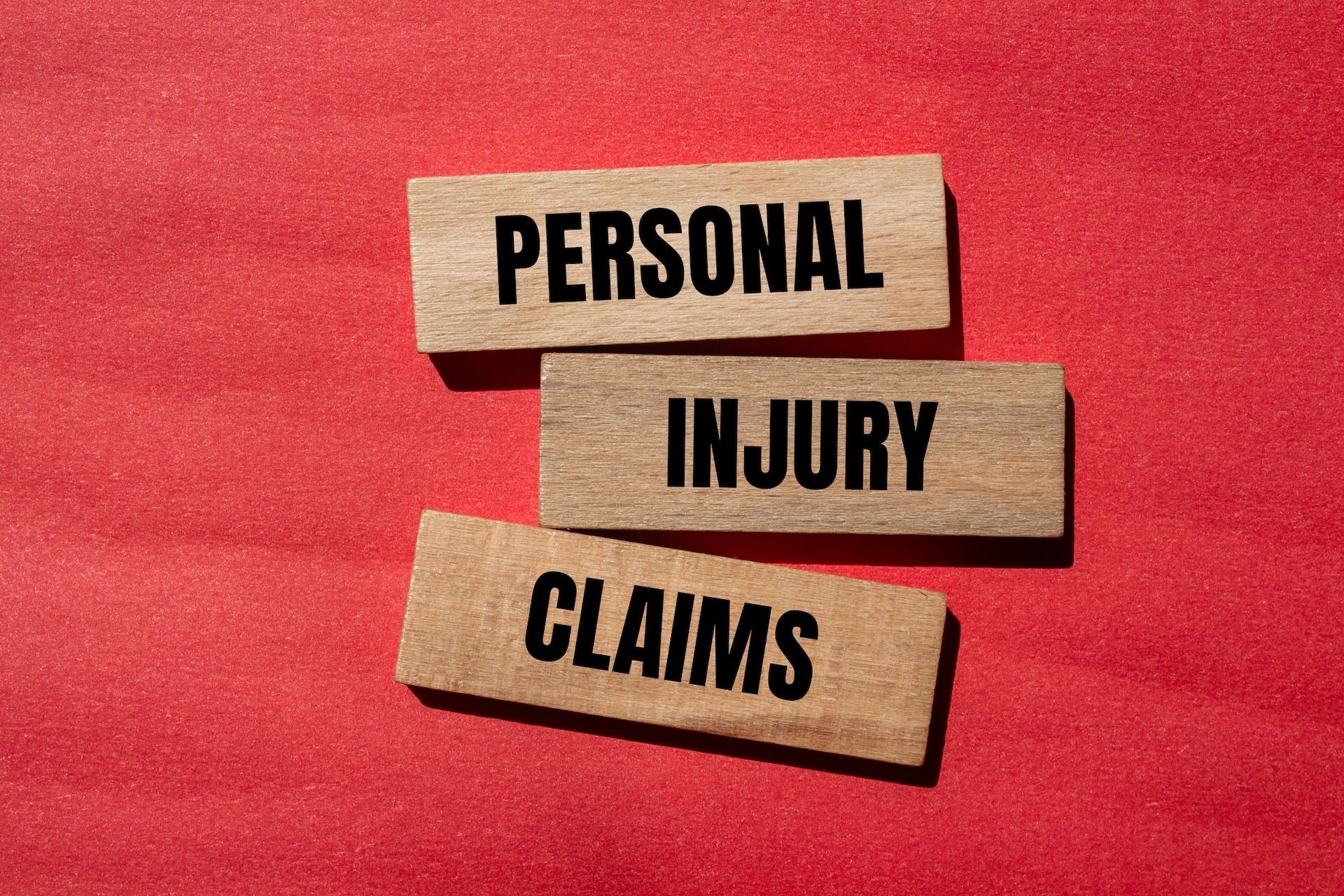Why Earning Capacity Assessments Are Crucial for Fair Compensation in Injury Claims

When someone suffers a serious injury, the effects often go far beyond medical bills or pain. Injuries can change a person’s ability to work and earn a living, sometimes for years or even permanently. That’s where Earning Capacity Assessments come in. These professional evaluations play a key role in ensuring that injured individuals receive fair compensation for their lost or reduced ability to earn money in the future.
In this article, we’ll explain what earning capacity means, how assessments are done, and why they’re so important in injury claims across the United States.
What Is Earning Capacity?
Earning capacity refers to the amount of income a person is capable of earning based on their education, skills, work experience, and physical or mental ability. It’s not just about what someone currently earns it’s about what they could earn under normal circumstances.
For example, imagine a construction worker who earns $60,000 per year but suffers a back injury that prevents heavy lifting. Even if they can take a desk job, their new salary might be $35,000. The difference — $25,000 per year — represents a loss in earning capacity caused by the injury.
What Are Earning Capacity Assessments?
Earning Capacity Assessments are expert evaluations that measure how an injury or disability affects someone’s ability to earn income. These assessments are usually performed by vocational experts, like the professionals at Occupational Assessment Services (OAS), who have specialized training in evaluating work capabilities and job market trends.
The process typically includes:
- Reviewing Medical Records:
Experts analyze medical documents to understand the physical or cognitive limitations caused by the injury.
- Evaluating Work History:
They examine your employment background, job skills, and educational qualifications.
- Analyzing the Job Market:
They assess what jobs are available to someone with your abilities, skills, and limitations.
- Calculating Future Earning Potential:
Using economic data, experts project how much income you could realistically earn now and in the future.
The result is a detailed report that can be used in court or during settlement negotiations to support your claim for fair compensation.
Why Are Earning Capacity Assessments Important in Injury Claims?
1. They Show the True Financial Impact of an Injury
Medical bills tell only part of the story. If your injury affects your ability to work, your long-term financial loss could be far greater. An earning capacity assessment helps quantify that loss by showing how much income you’ve lost and what you could have earned if you hadn’t been injured.
2. They Provide Objective, Professional Evidence
Insurance companies and defense lawyers often argue that an injured person can still work in some capacity. A professional assessment provides objective evidence from a qualified expert, which helps strengthen your case.
At OAS, for example, experts use established vocational and economic analysis methods to ensure their findings are accurate and reliable.
3. They Help Ensure Fair Compensation
Without an earning capacity assessment, you may receive compensation that only covers medical costs not your future income loss. This can leave you struggling financially for years. The assessment helps ensure your settlement reflects both past and future losses, leading to fairer results.
4. They Support Both Plaintiffs and Defendants
Earning capacity assessments aren’t just for injury victims. They also help defense attorneys and insurance companies understand the real value of a claim, leading to more efficient settlements and fewer disputes in court.
5. They Consider Changing Economic Conditions
Job markets and wages change over time. Vocational experts account for these factors when projecting future earnings, providing a realistic and up-to-date picture of potential income loss.
The Impact of Earning Capacity Assessments in Injury Claims
The impact of earning capacity assessments in injury claims can be life-changing. In many personal injury or workers’ compensation cases, this evaluation is the difference between partial and full financial recovery.
For instance, a young worker who suffers a permanent hand injury might lose decades of earning potential. Without an expert assessment, they might only receive compensation for immediate lost wages, not for the long-term impact on their career. A detailed assessment can demonstrate the true value of their claim, including lost promotions, benefits, and retirement contributions.
In short, earning capacity assessments make sure that injured individuals are not shortchanged when it comes to their future financial security.
How OAS Experts Conduct Earning Capacity Assessments
Occupational Assessment Services (OAS) has been a trusted name in vocational and earning capacity evaluations for over 50 years. Their team combines experience, expertise, and trusted methods to deliver fair, accurate assessments used in courts nationwide.
Here’s how OAS experts ensure reliable results:
- Vocational Testing:
They use standardized tools to measure job-related skills and cognitive abilities.
- Labor Market Research:
They study real-time wage data and job availability across different industries.
- Economic Forecasting: They project future earnings and account for inflation and cost-of-living changes.
- Customized Reports: Every report is tailored to the individual’s unique background, limitations, and career path.
These assessments are widely respected by courts, attorneys, and insurance carriers for their credibility and precision.
When Should You Get an Earning Capacity Assessment?
You should consider an earning capacity assessment if:
- You’ve suffered a
serious injury that affects your ability to work.
- You’re involved in a
personal injury, medical malpractice, or workers’ compensation case.
- You need to prove
loss of future earnings in a lawsuit or insurance claim.
- You want
objective documentation to support a settlement negotiation.
The earlier you get an assessment, the better. Early evaluations help build a stronger case and ensure your legal team has solid evidence from the start.
Final Thoughts
Earning capacity assessments are more than just numbers on a report; they’re tools that help injured individuals achieve fair, realistic compensation for their lost potential. Whether you’re a worker, attorney, or insurance professional, understanding the role of these assessments ensures that injury claims are handled with accuracy and fairness.
If you or a loved one needs a trusted expert to evaluate your earning capacity, contact
Occupational Assessment Services (OAS) today to schedule a professional assessment and protect your financial future.
FAQs About Earning Capacity Assessments
What is the difference between earning capacity and income?
Earning capacity is what you can earn based on your skills and health, while income is what you currently earn. An injury might not stop all income, but it can still reduce your earning capacity.
Who performs an earning capacity assessment?
These assessments are conducted by vocational experts with training in career analysis, economics, and labor market research — like the specialists at OAS.
How long does an earning capacity assessment take?
The process varies but usually takes a few weeks. It includes reviewing records, conducting interviews or tests, and preparing a detailed report.
Are earning capacity assessments only for serious injuries?
Not always. Even partial disabilities or limited work restrictions can justify an assessment, especially if they affect your future job options.
Can an earning capacity assessment be challenged in court?
Yes, but assessments done by qualified experts with strong evidence are highly credible and often accepted by judges and insurance companies.
Does insurance pay for earning capacity assessments?
In many legal cases, the cost of the assessment may be included in your legal expenses or reimbursed as part of your settlement.
Disclaimer: The information on this website and blog is for general informational purposes only and is not professional advice. We make no guarantees of accuracy or completeness. We disclaim all liability for errors, omissions, or reliance on this content. Always consult a qualified professional for specific guidance.








